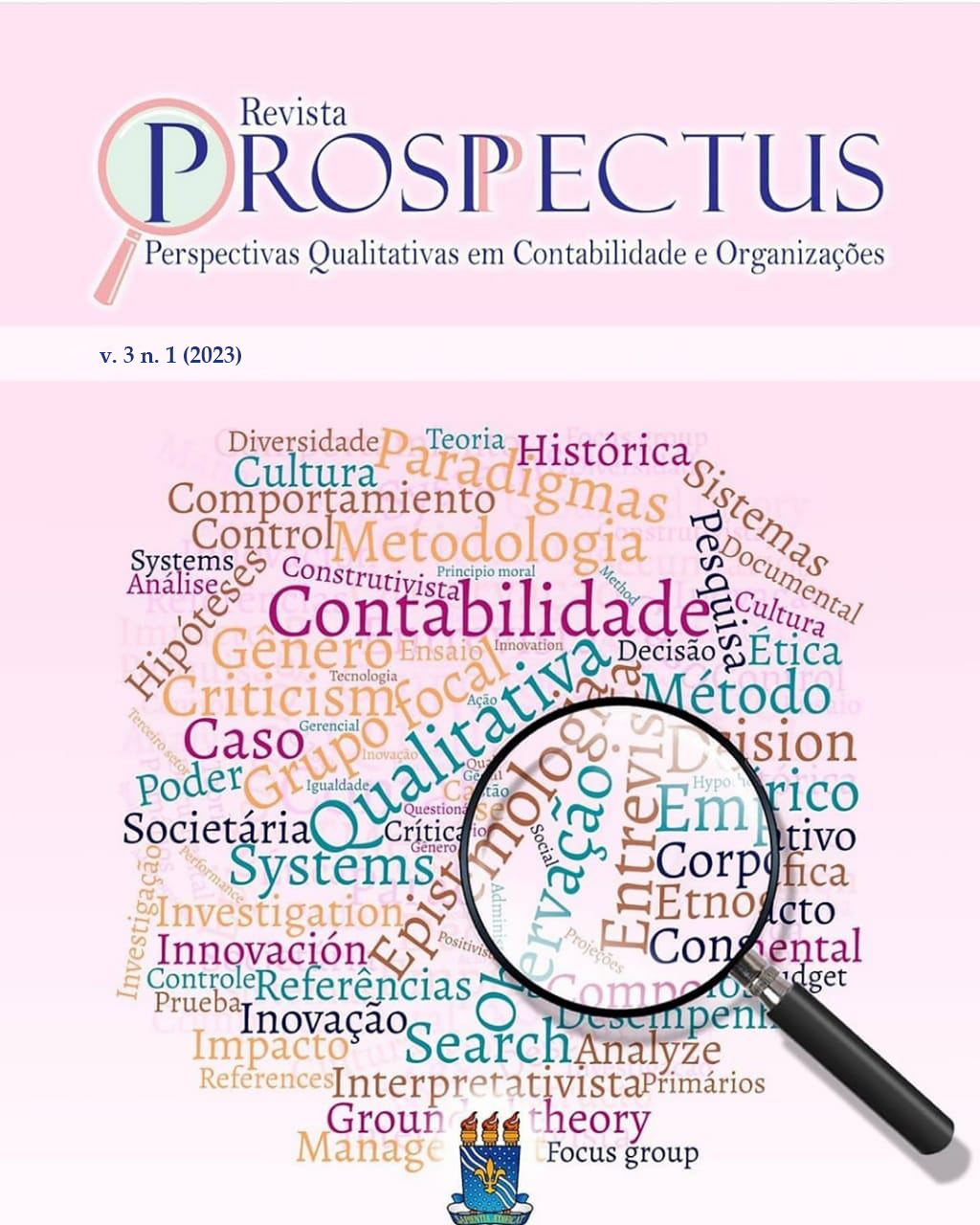Corporate Governance models for Innovation: a systematic literature review
DOI:
https://doi.org/10.22478/ufpb.2763-9606.2023v3n2.68120Keywords:
Corporate governance. Governance Model. Innovation. ProKnow-C. Literature review.Abstract
Objective: The present study sought to comprehend the phases of corporate governance models for innovation and propose a research agenda.
Method: The Knowledge Development Process-Constructivist (ProKnow-C) tool was used to select the articles, enabling a systematic review of the literature. Searches were carried out for publications indexed in the Scopus, Web of Science, Science direct, Ebsco and Scielo databases. The selection stage resulted in 22 articles to be discussed.
Main results: The definitions of comparative governance for innovation are not unanimous. However, what can be seen is that it is not subject to the same structures and characteristics as traditional companies, and that companies with higher levels of governance have better innovation rates. When a company has well-defined governance mechanisms, it is considered more reliable, attracting investment for innovation.
Contributions: Companies that decide to innovate will need to restructure their strategies, organizational policies and the scenarios in which innovations are developed. To do so, they will be induced to organize innovative management models. In the dynamic innovation model, innovation also requires the involvement of the board of directors in strategic management, for which corporate governance models are essential. Innovation can therefore be influenced by governance models.
Originality and Relevance: The relationship between governance models and innovation exists, but it is abstruse, firstly because there is no theory developed and accepted by innovative companies, and secondly because there are no theories that support corporate innovation. In addition, innovation governance cannot only consider specific parts because its environment is complex and multifaceted. This study sought to extend what is already known
Downloads
Downloads
Published
How to Cite
Issue
Section
License
Copyright (c) 2024 Prosppectus - Perspectivas Qualitativas em Contabilidade e Organizações

This work is licensed under a Creative Commons Attribution-NonCommercial 4.0 International License.


